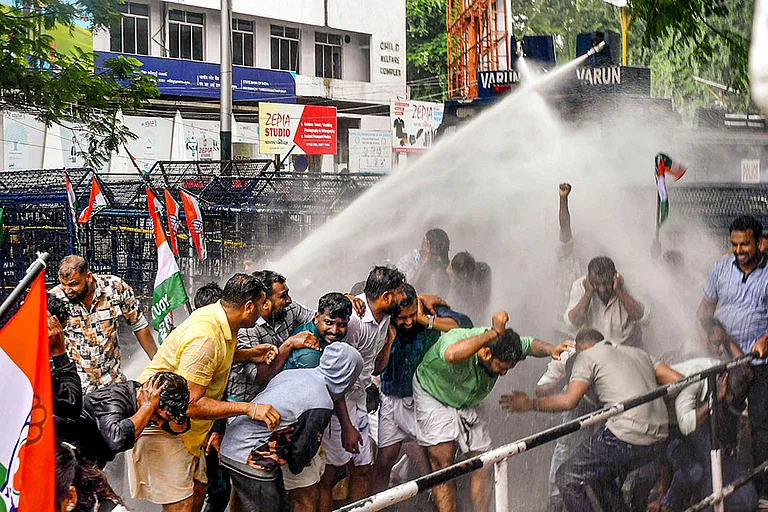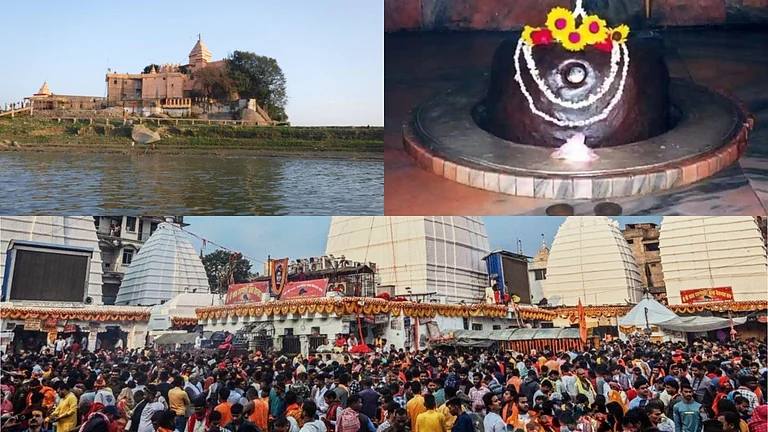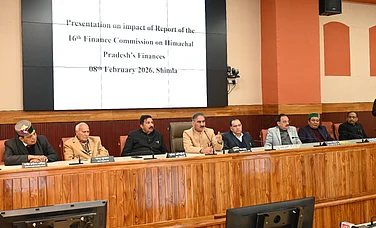The Indian Defence officials on Friday said that disengagement of troops of India and China has started at two friction points in Demchok and Depsang Plains in Eastern Ladakh sector.
This comes after the agreements between the two countries for restarting border patrolling along the Line of Actual Control. The Indian troops have started pulling back equipment to rear locations in the respective areas.
India on Monday announced it has reached an agreement with China on patrolling along the Line of Actual Control (LAC) in eastern Ladakh, a major breakthrough in ending the over four-year-long military standoff between the two armies.
External Affairs Minister S Jaishankar on Monday said Indian and Chinese soldiers will be able to resume patrolling in the way they had been doing before the border face-off began and the disengagement process with China has been completed.
The confirmation from the Chinese side came only after President Xi Jinping left for the BRICS summit in Russia's Kazan on Tuesday.
Bilateral Talks Held By PM Modi & Chinese President Xi Jinping
Prime Minister Narendra Modi and Chinese President Xi Jinping Wednesday endorsed the India-China agreement on patrolling and disengagement along the Line of Actual Control (LAC) in eastern Ladakh and issued direction to revive various bilateral dialogue mechanisms, signalling attempts to normalise ties that were hit by a deadly military clash in 2020.
In the nearly 50-minute meeting held on the sidelines of the BRICS Summit here, Modi underscored the importance of properly handling differences and disputes and not allowing them to disturb peace and tranquility in border areas and that mutual trust, mutual respect and mutual sensitivity should remain the basis of the relations.
In their first structured talks in nearly five years, Modi and Xi also instructed the revival of the stalled Special Representatives' dialogue mechanism on the boundary question at an early date, holding that it can play a critical role in the maintenance of peace and tranquillity along the frontier.
The two leaders underlined the need to progress bilateral relations from a strategic and long-term perspective, enhance strategic communication and explore cooperation to address developmental challenges, according to the Ministry of External Affairs (MEA).


























